We design our lessons and supporting tests to develop learners’ skills through the music they play.
Here are some of the exercises and style of teaching that we will be covering in our lessons.
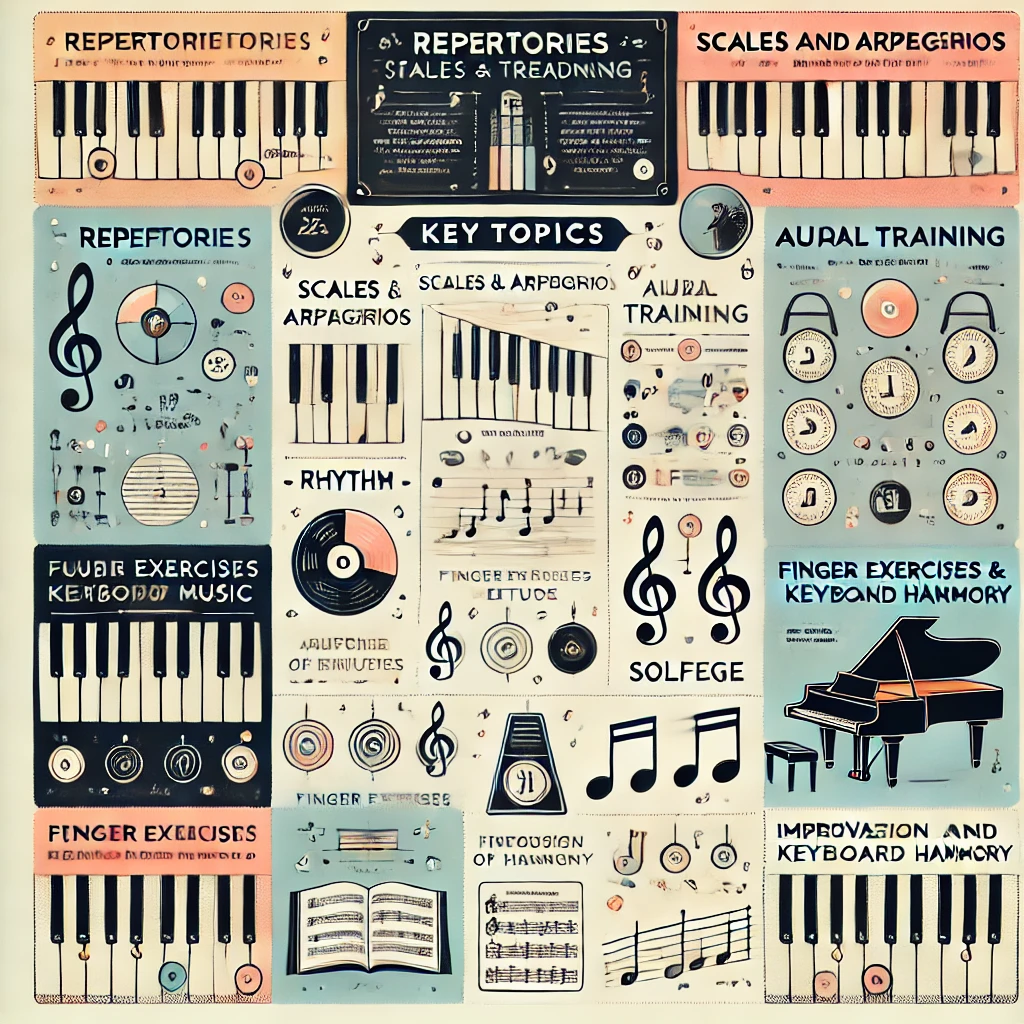
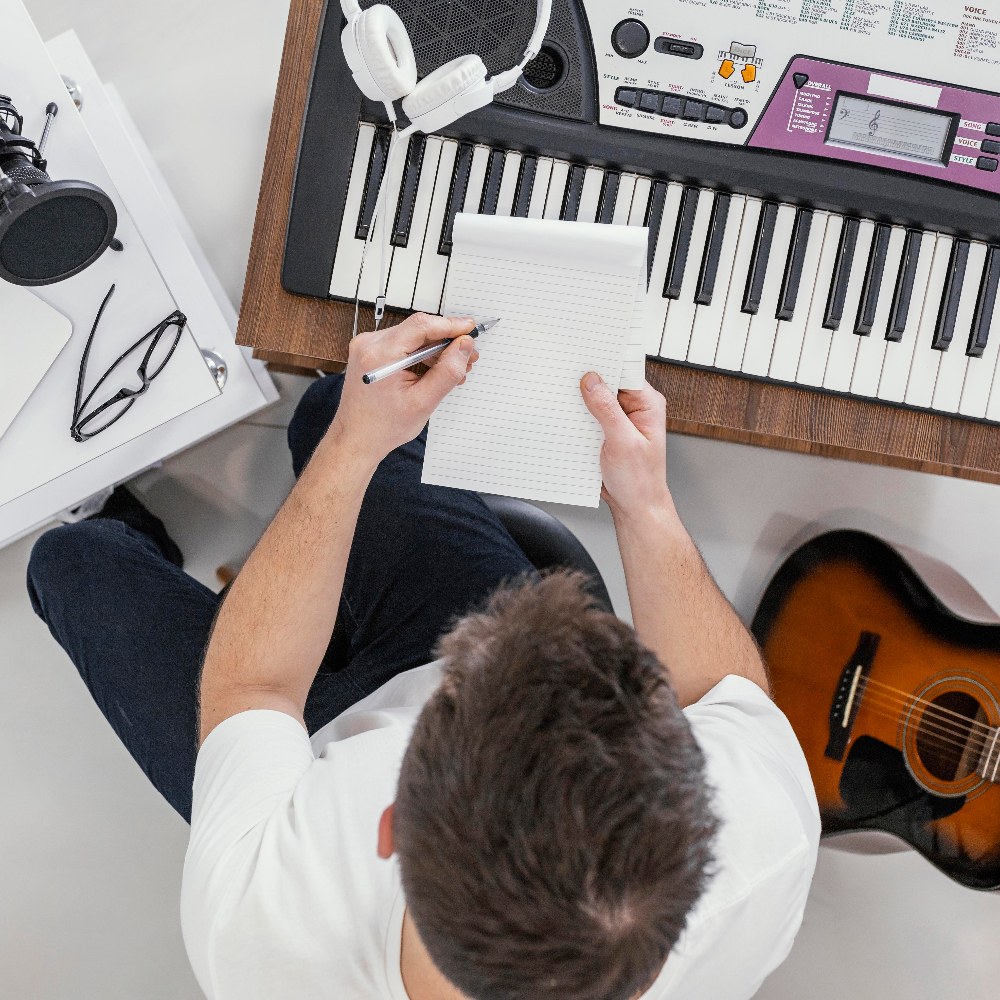
Repertoires
Piano repertoire is a collection of pieces therefore it is good to explore different pieces from different era besides playing the exams pieces.
It is good to listen to pieces before learning it. I would normally include a variety of pieces during lesson. I would choose pieces from different era to help students improve technical skills.
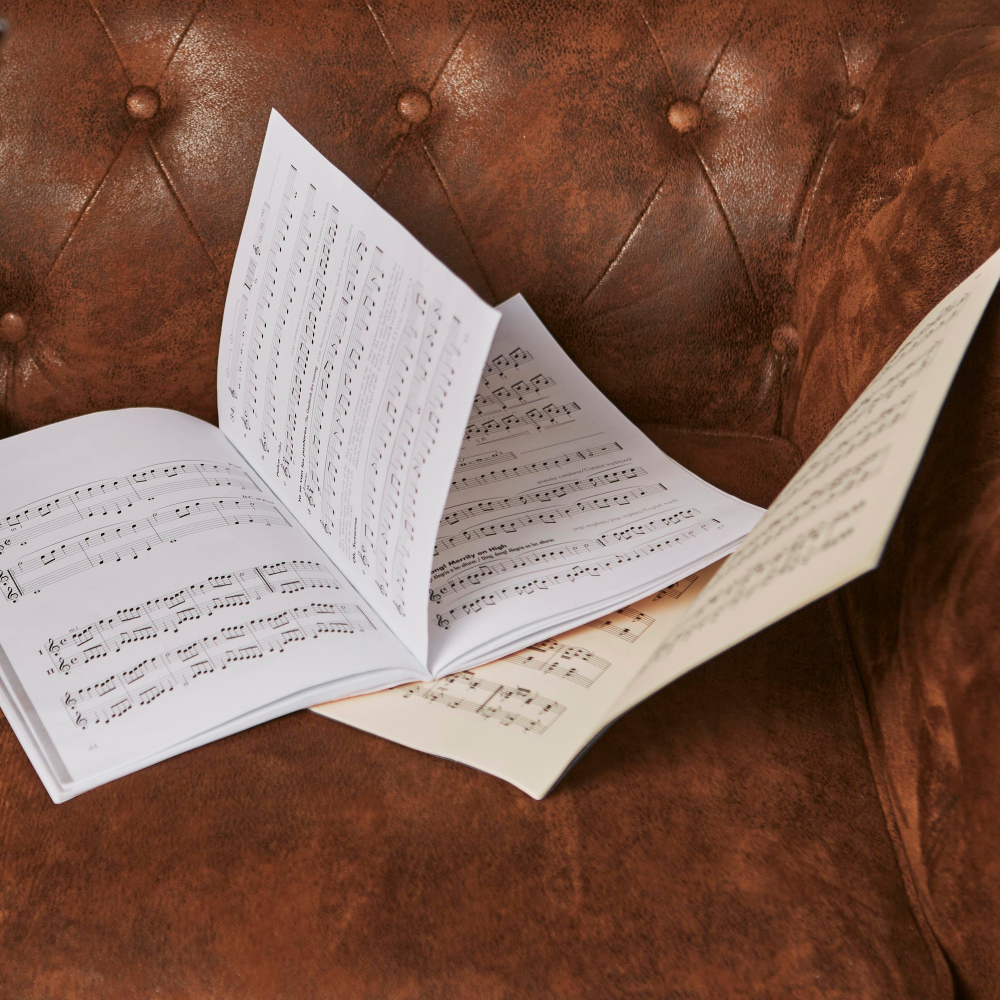
Scales and Arpeggios
Scales and arpeggios are basic piano passages. It is an essential skills as it helps students to be more aware of the tone and knowledge of all the keys. One of the advantage of learning scales and arpeggios is to develop fast and agile fingers as a pianist.
Nonetheless, many pieces which require the thumb under and thumb over method is learned in scales and arpeggios technic. Most importantly, it helps the wrists to be more flexible when playing difficult pieces.
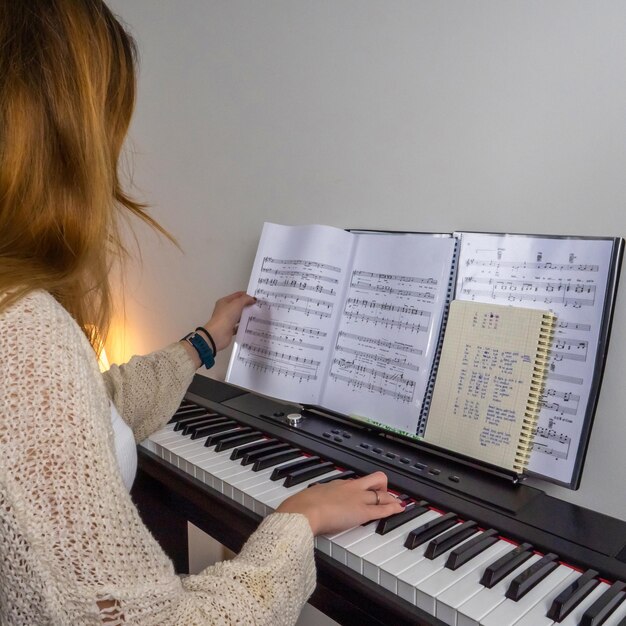
Sight-Reading
Another essential skills for musicians is being able to sight read a piece of music fluently. Practise sight reading pieces regularly and pay attention to all other performance markings indicated.
When a student is able to sight read without hesitation, it helps a lot in learning repertoires at a faster pace.
Using flash cards or apps for young beginners can increase their interest. Therefore, it is such a core skill for musicians.
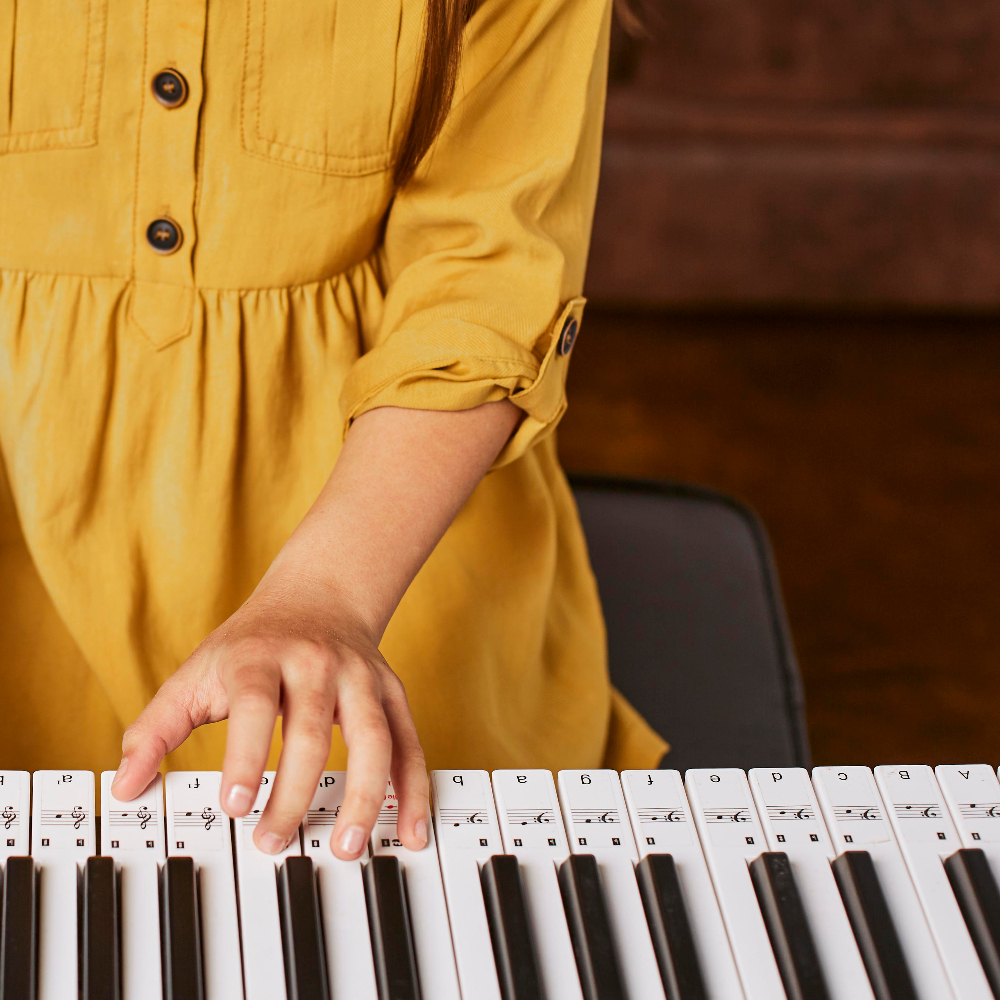
Rhythm
Being a good musician it is important to move your body to the beat and tempo of the pieces.
While playing pieces, keep counting the beat to ensure a steady rhythm . Look out for repetitive rhythmic patterns so as to learn a piece at a rapid pace.
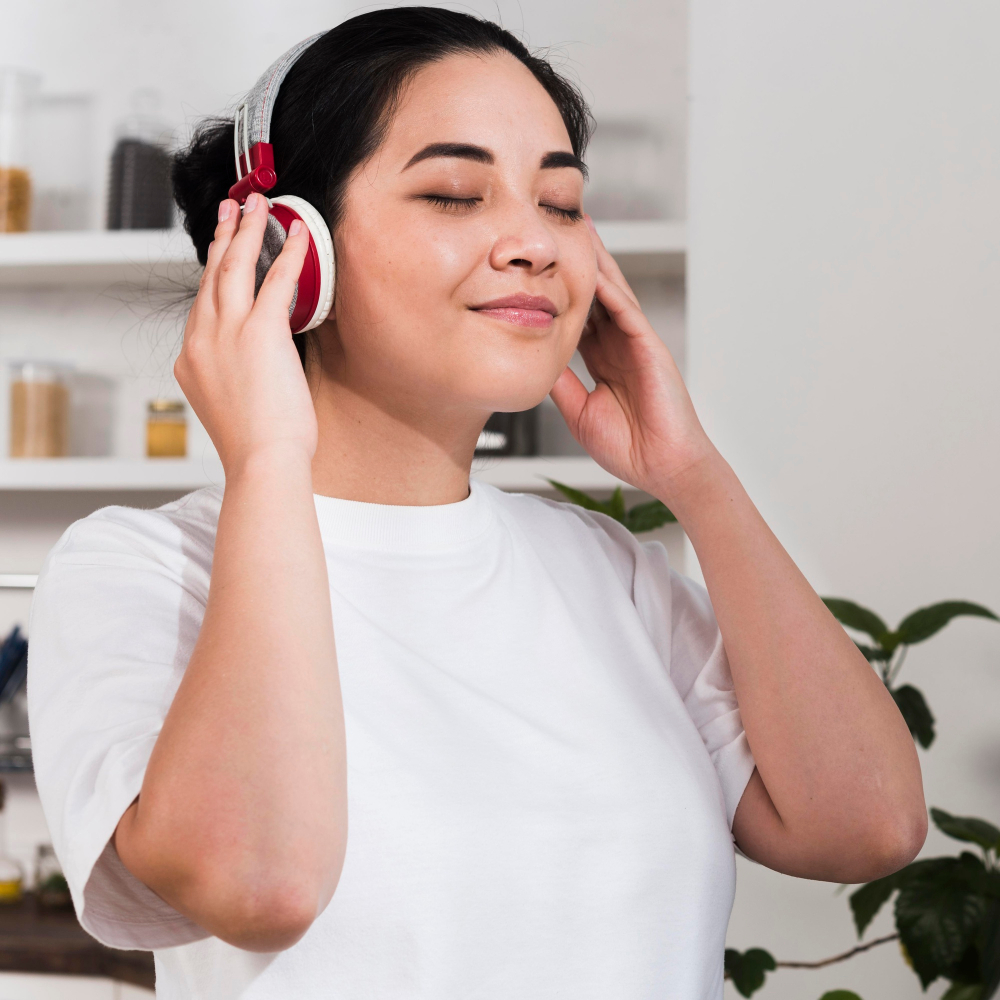
Aural Training
Aural training in music is technically to train a musician in recognising pitch, rhythm differences, chords and melody without the help of music sheets. It is another essential skills for musicians as it allows musicians to understand the piece better when performing.
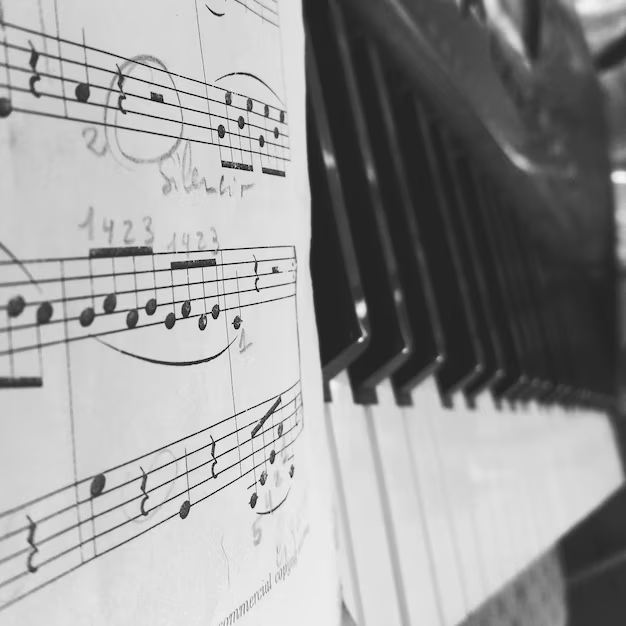
Theory of Music
Music theory is the rules and principles for musicians.
It is a guideline for all musicians to have a basic knowledge and understanding of notation, scales, rhythm, melody, harmony and dynamics.
So that musicians can perform with awareness and control. For ABRSM, students are required to have passed grade 5 ABRSM theory before taking grade 6, 7 or 8 practical exams.
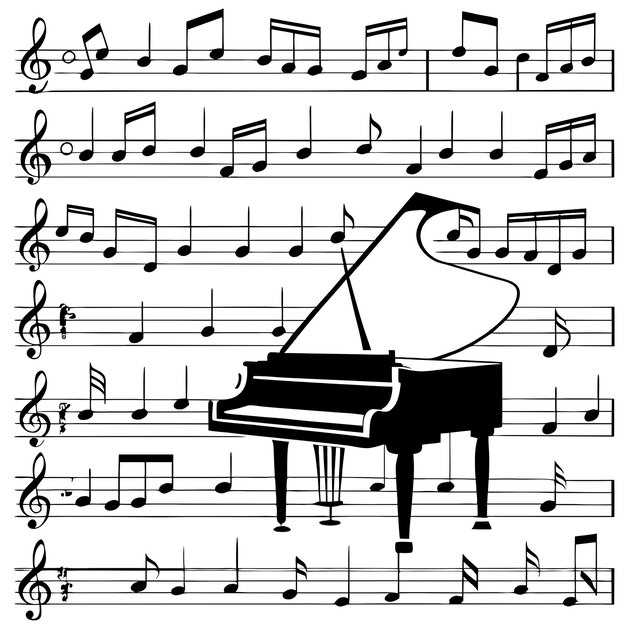
Solfege
I incorporate solfege for beginners students. I encourage students to sing aloud while learning pieces.
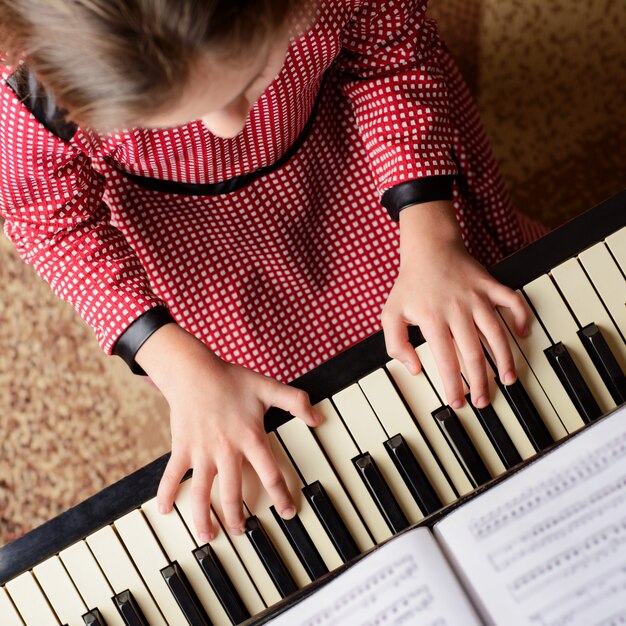
Finger Exercises and Etudes
To improve pianists fingers stamina, it is essential to practise technical exercises regularly. Etudes, studies, Hanon exercises can be included in daily piano practise. Fingers exercises also help pianists to improve wrists relaxation.
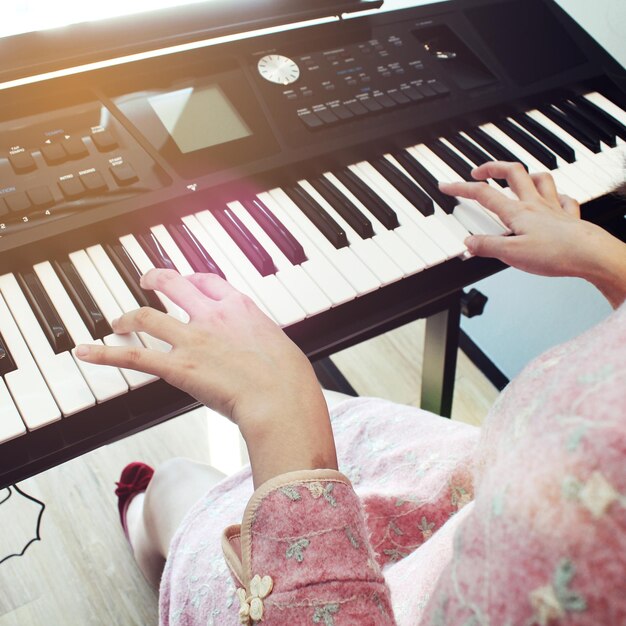
Improvisation and Keyboard Harmony
There are many types of improvisations. It can be FUN to improvise. Therefore, start it slowly but keep practicing.
Interested in exploring your potential for pianoforte? Drop me a message
